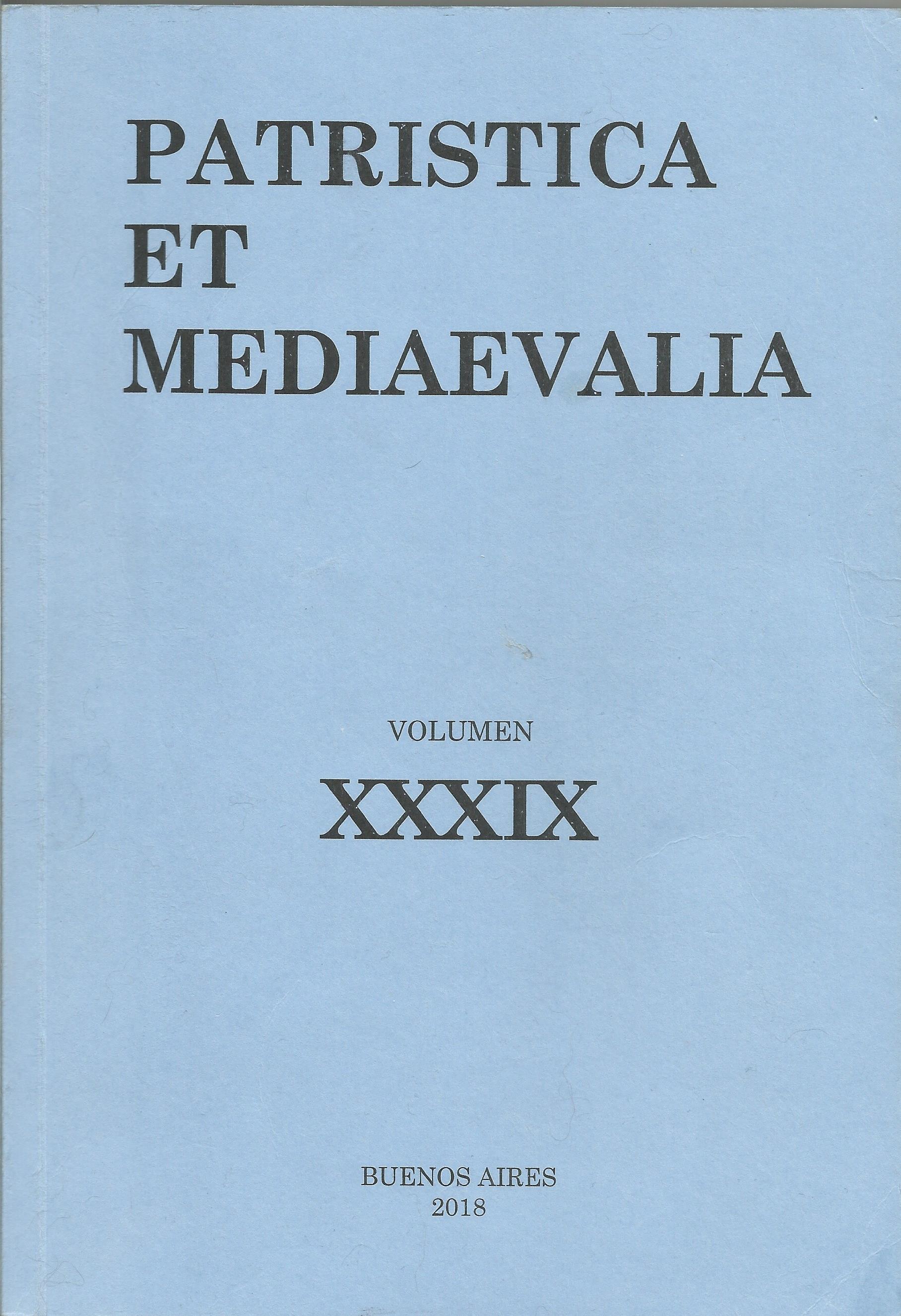A origem das virtudes dianoéticas em Abelardo
Resumen
Abelardo apresenta uma ética inspirada na teoria volitiva de Agostinho e na ideia aristotélica da virtude. A Estagirita não considera as virtudes morais como conhecimento e acredita, em vez disso, que elas são um habitus (ἕξις) adquirido e conquistado pelo esforço e pela prática (ἔθος). Entre as quatro virtudes cardeais, a prudência não constitui uma virtude moral, mas uma dianoética que pertence ao campo das virtudes intelectuais. No entanto, essa qualidade é diferente porque é a única virtude intelectual que se aplica à vida prática (πρᾱξις). Ao retomar parcialmente o modelo aristotélico, Abelardo acredita, por sua vez, que a prudência (prudência) não é, a rigor, uma virtude e lhe confere um status particular. Portanto, ele não segue mais a distinção de Aristóteles entre diferentes tipos de virtude, nem aceita a explicação de sua natureza. Neste artigo, primeiro examinamos a própria teoria aristotélica da virtude, mostrando principalmente a diferença entre virtude moral e virtude dianoética. Em seguida, tentamos entender melhor a visão de prudência abelardiana, que se afasta do pensamento de Aristóteles, segundo a qual a prudência é claramente uma virtude. Aproveitamos a oportunidade para levantar algumas hipóteses sobre a distância que Abelardo mantém de seu professor inspirador.Descargas
Citas
Aubenque, P. (1963). La prudence chez Arislote. Paris: Presses Universitaires de France.
Bataillard, M. C. (1997). "Thales, Péricles et les poissons”. La vérité pratique. Aristote. Ethique á Nicomaque. Livre VI. Textes reunis par J.-Y. Chateau. Paris: Llbrairie Philosophique J, Vrin, 87-115.
Chateau, J. Y (1997). La vérité pratique. Aristote. Ethique á Nicomaque. Livre VI. Paris: Librairie Philosophique. Vrin.
Gauthier, R. A. & Jolif, J. Y. (1970). L ’Éthique á Nicomaque. Tome II Commentaire. Louvain/Paris: Publications universitaires/Béatrice-Nauwelaerts.
Houser, R.E (2004). The Cardinal virtues: Aquinas, Albert, and Philip the Chancellor. Translated by R. E. Houser. Toronto: Pontifical Institute of Medieval Studies.
Lalande, A (1980). Vocabulaire technique et critique de la philosophic. 13e ed. Paris: Presses Universitaires de France.
Long, A. A. & Sedley, D. N (1987). The Hellenistic Philosophers. Vol. II. Greek and Latin Texts, with Notes and Bibliography. Cambridge: Cambridge University Press.
Lottin, O. (1949). Psychologie et morale aux Xlle et XIIe siécles. Tome III. Problèmes de morale. Louvain/Gembloux: Abbaye du Mont César/J. Duculot, Éditeur.
Marenbon, J. (1997). The Philosophy of Peter Abelard, Cambridge: Cambridge University Press.
O’Daly, G. (1987). Augustine’s Philosophy of Mind. Berkeley: University of California Press.
Poirier, J.-L. (1997). “Socrate avait raison...”. Ethique d Nicomaque VI, 12-13. La vérité pratique. Aristote. Ethique á Nicomaque. Livre VI. Textes reunis par J.Y. Chateau. Paris: Librairie Philosophique J. Vrin, 137-150.
Ross, D (1995). Aristotle. Sixth edition. With a new introduction by J. L. Ackrill. London/New York: Routledge.
1. Los/as autores/as que publiquen en esta revista aceptan las siguientes condiciones:
-
Conservan los derechos de autor/a y ceden a la revista el derecho de la primera publicación, con el trabajo registrado con Licencia Atribución-CompartirIgual 4.0 Internacional, que permite a terceros utilizar lo publicado siempre que mencionen la autoría del trabajo y a la primera publicación en esta revista.
-
Pueden realizar otros acuerdos contractuales independientes y adicionales para la distribución no exclusiva de la versión del artículo publicado en esta revista (p. ej., incluirlo en un repositorio institucional o publicarlo en un libro) siempre que indiquen claramente que el trabajo se publicó por primera vez en esta revista.
-
Tienen permitido y se les recomienda publicar su trabajo en Internet (por ejemplo en páginas institucionales o personales).
2. Condiciones de auto-archivo. Se permite y se anima a los/as autores/as a difundir electrónicas la versión post-print de sus obras ya que favorece su circulación y difusión y con ello un posible aumento en su citación y alcance entre la comunidad académica. Color RoMEO: azul.













